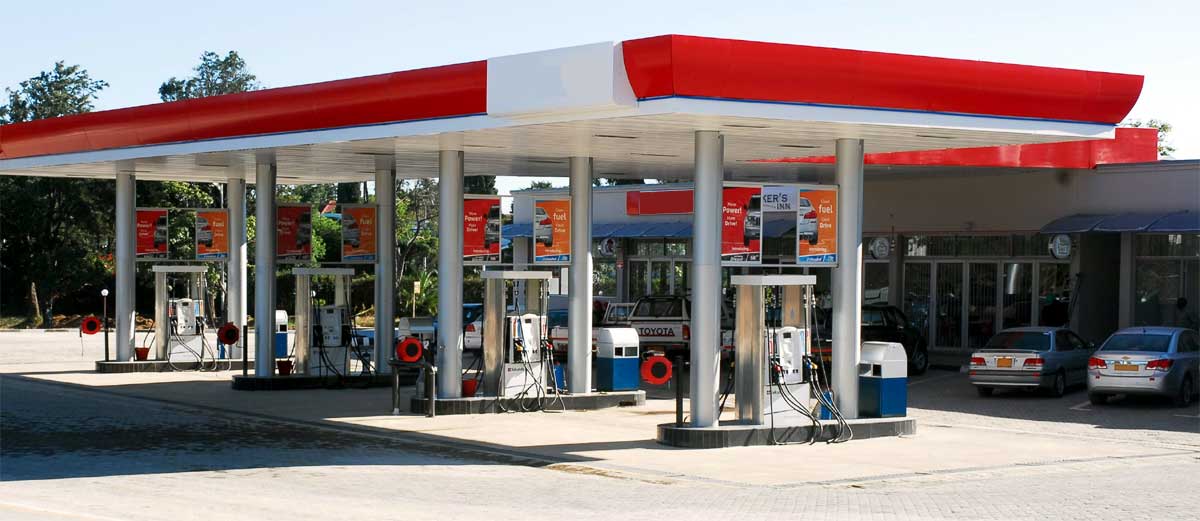EMA submitted a “no” vote on a National Fire Protection Association (NFPA) Temporary Interim Standard (TIA) regulating the placement of EV charging stations at motor fuel dispensing stations. The setback requirements in the proposed standard are so restrictive that it could prevent the installation of EV chargers at most existing retail gasoline stations. The proposed Section 15.3.1 in NFPA 30A (Location Adjacent to Buildings or Property Lines) requires a setback of 10 feet from property lines and 10 feet or three feet from buildings, depending on building construction. For example, a retail service station adjacent to a fast-food restaurant would have to install EV chargers 10 feet from the property line or building while the restaurant could install EV chargers on the common property line or next to the building. The 10-foot setback could eliminate a significant portion of a property available for EV charging.
Further, the TIA makes the setbacks even more restrictive by defining a motor fuel dispensing facility as the “portion of a property where motor fuels are stored and dispensed from fixed equipment into the fuel tanks of motor vehicles…” However, the current code does not define at what point the portion of the property used for fueling extends to a property line. In absence of uniform guidelines for setbacks governing the installation of all EV chargers, this can result in unintentional consequences that present a significant disadvantage for retail and commercial fueling facilities. EMA also objects to the TIA because it would only apply to motor fuel dispensing facilities and no other EV charging location. Instead, EMA is urging NFPA to wait to develop an EV charging installation standard that applies to all sites during the normal 2024 revision cycle for NFPA 30A rather than through a temporary interim standard. In this way, marketers will have sufficient time to comment and collaborate with NFPA on the standard so that it does not unduly restrict installation of EV chargers at retail gasoline stations. EMA has worked closely on NFPA issues for many years and is leading the effort to prevent the adoption of this overly restrictive TIA.


